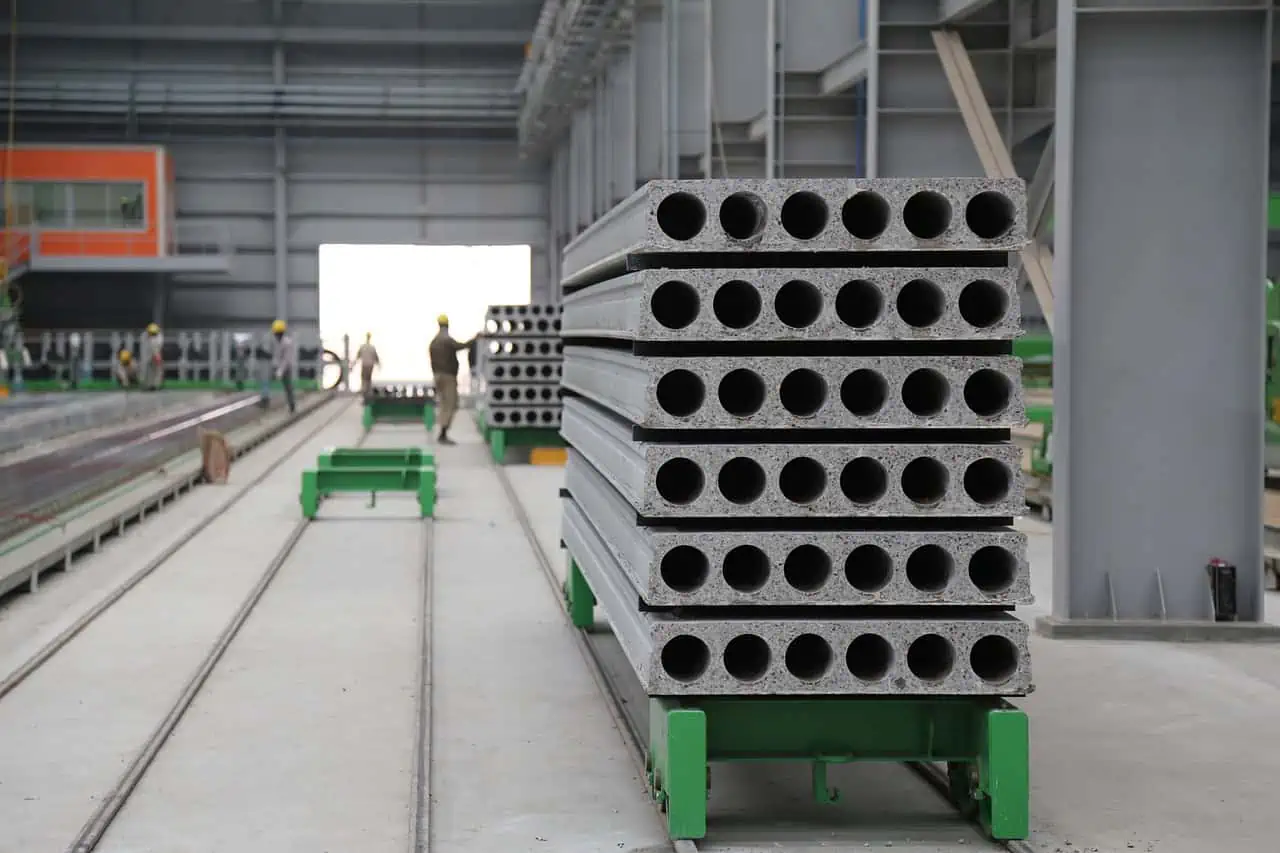The steel industry, often judge for its substantial environmental impact, is experiencing a notable change towards sustainability. With growing global concerns regarding climate change, stakeholders in the steel sector are proactively adopting eco-friendly practices to reduce their environmental footprint.
This blog will explore into several innovative approaches that are changing the steel industry towards a more sustainable future.
1. Recycling and Circular Economy
One of the most impactful eco-friendly practices in the steel industry is the adoption of recycling and embracing the circular economy model. Recycling scrap steel significantly reduces the energy consumption and emissions associated with steel production.
By melting down scrap steel in electric arc furnaces, manufacturers can produce high-quality steel without the need for virgin raw materials. This not only conserves resources but also minimizes waste and pollution.
2. Energy Efficiency Measures
Energy-intensive processes dominate steel production, making energy efficiency a top priority for eco-conscious manufacturers.
Investments in advanced technologies such as energy-efficient furnaces, co-generation systems, and waste heat recovery mechanisms are helping steel plants optimize energy usage and reduce greenhouse gas emissions.
Implementing energy management systems and adopting renewable energy sources further enhance the industry’s sustainability credentials.
The steel industry, amid mounting environmental concerns, is embracing sustainability through the adoption of eco-friendly practices, with companies like Carbon Clean leading the way.
This shift towards sustainability not only addresses the industry’s environmental impact but also underscores its commitment to meeting the growing demand for greener practices.
By integrating innovative technologies and implementing eco-friendly initiatives, the steel sector is poised to revolutionize its operations, setting new standards for environmentally conscious production processes and inspiring similar initiatives across industries worldwide.
Through collaborative efforts and continuous innovation, the steel industry is driving forward a greener future, demonstrating its dedication to environmental stewardship and sustainable development.
3. Innovative Steelmaking Technologies
Emerging technologies are revolutionizing traditional steel-making processes, offering more sustainable alternatives. One notable example is the development of hydrogen-based steel production methods.
Hydrogen can serve as a clean alternative to coke in blast furnaces, emitting water vapor instead of carbon dioxide during the steelmaking process.
Additionally, advancements in direct reduction processes using hydrogen or natural gas are gaining traction for their potential to produce steel with lower carbon emissions.

4. Carbon Capture and Utilization (CCU)
Carbon capture and utilization (CCU) technologies hold promise for reducing carbon emissions from steel production.
These technologies capture CO2 emissions from steel plants and repurpose them for various industrial applications, such as producing synthetic fuels or chemicals.
By turning greenhouse gas into a valuable resource, CCU not only helps mitigate climate change but also promotes a more sustainable, circular economy within the steel industry.
5. Sustainable Supply Chain Management
Ensuring sustainability across the entire steel supply chain is crucial for minimizing environmental impact. From responsibly sourcing raw materials to optimizing transportation logistics, steel manufacturers are increasingly focusing on sustainable supply chain management practices.
This includes promoting ethical mining practices, reducing material waste during processing, and prioritizing eco-friendly packaging and shipping methods.
6. Investing in Research and Development
Continuous research and development are essential for driving innovation and fostering sustainability within the steel industry.
Collaborative efforts between academia, industry stakeholders, and government agencies are yielding breakthroughs in materials science, process engineering, and environmental technologies.
By investing in R&D initiatives, the steel sector can unlock new opportunities for improving efficiency, reducing emissions, and advancing sustainable practices.
Conclusion
The steel industry’s transition towards eco-friendly practices represents a significant step towards addressing climate change and environmental degradation.
By adapting recycling, enhancing energy efficiency, adopting innovative technologies, and promoting sustainable supply chain management, steel manufacturers are demonstrating their commitment to a greener future.
However, continued collaboration and investment are needed to overcome remaining challenges and accelerate the industry’s journey towards sustainability. With concerted efforts and collective action, the steel industry can play a pivotal role in building a more sustainable and resilient global economy.








